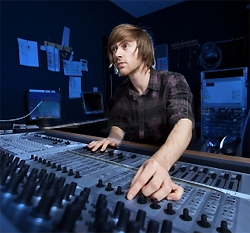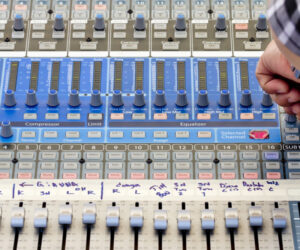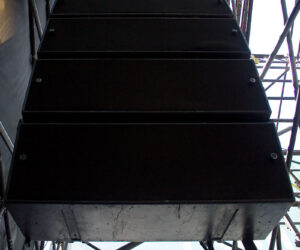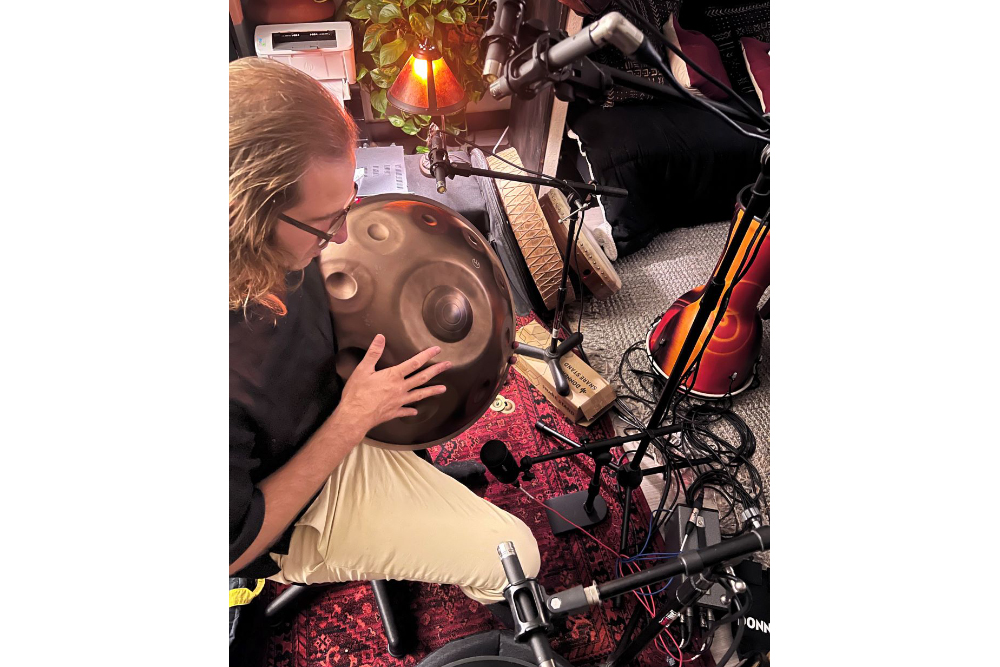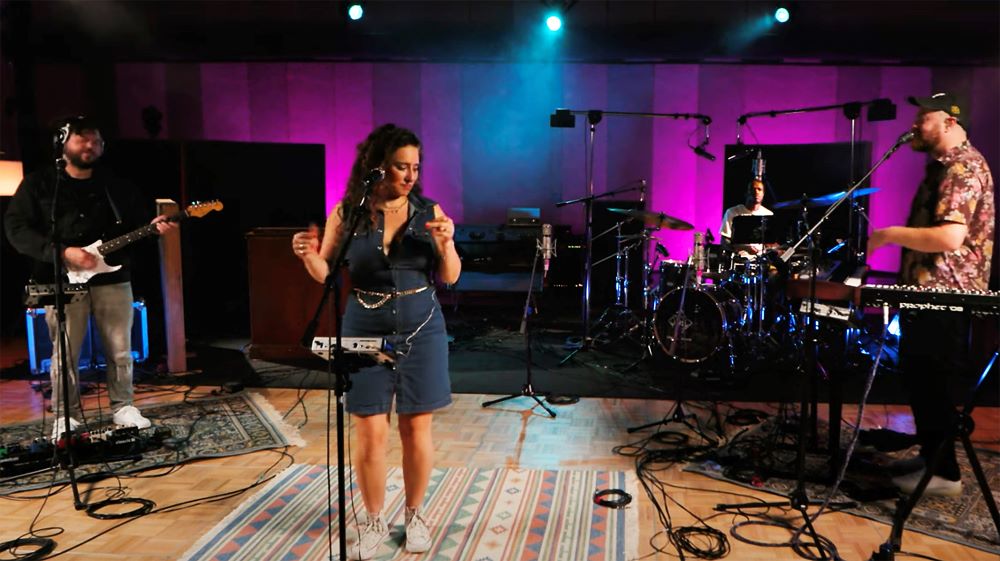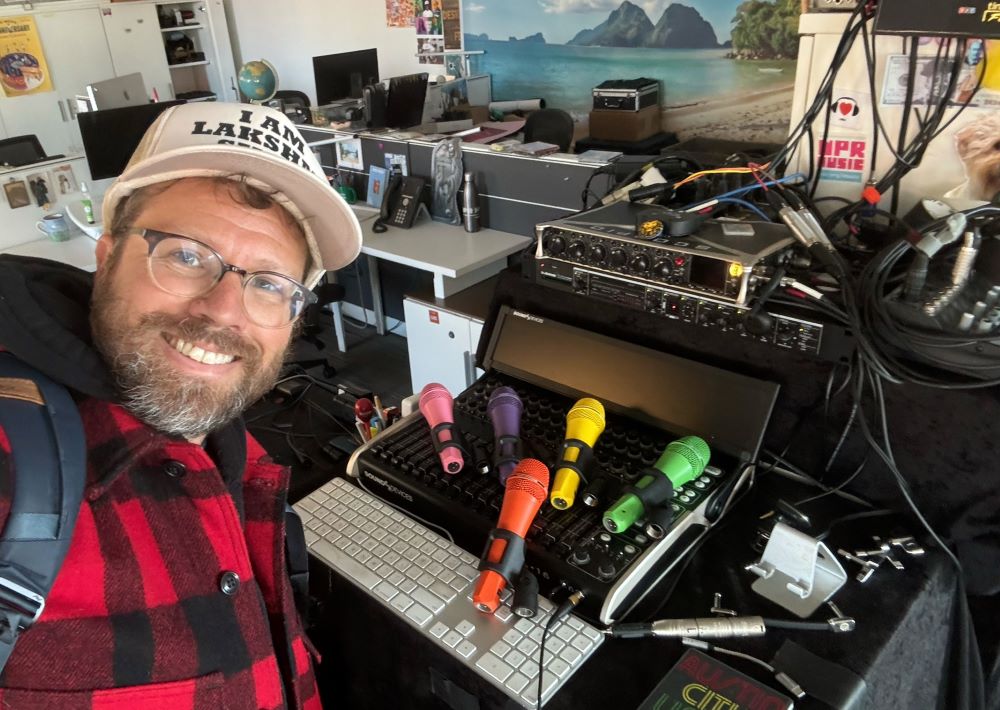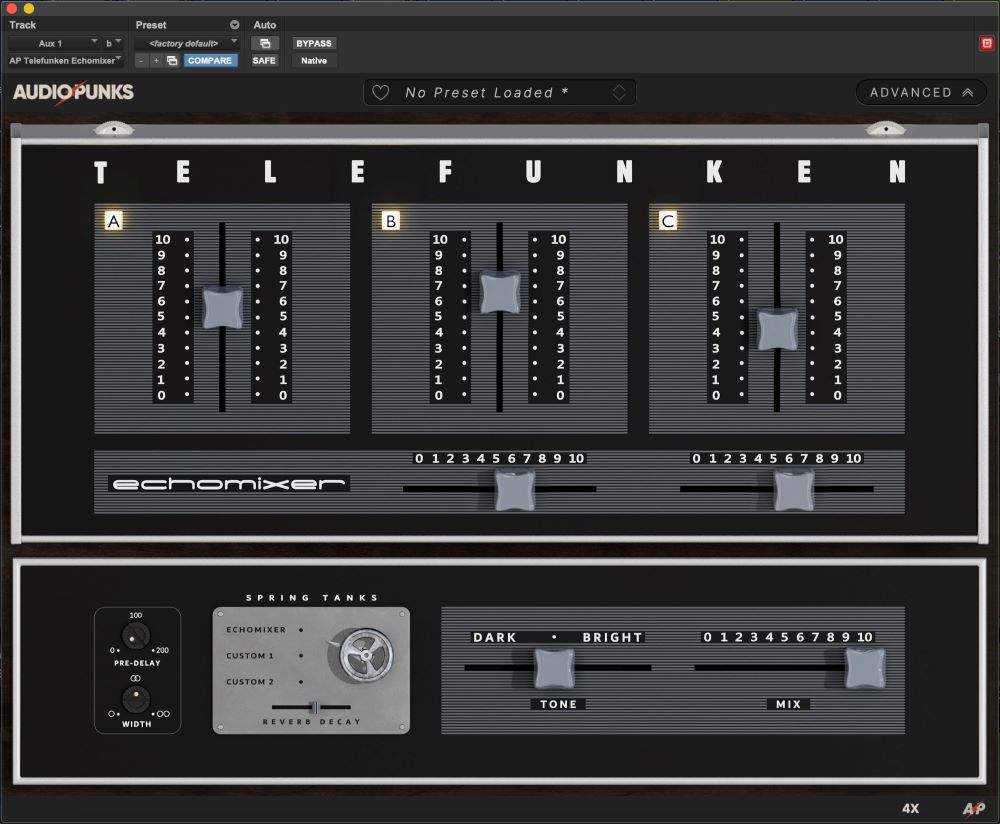Conventional recording wisdom tells us that recording scratch tracks should be quick and thoughtless. The idea being, you get the basics and replace them later. There isn’t anything wrong with this per se. Who cares if it’s a scratch track, right? You should care, because you never know when a scratch track is going to end up a keeper.
Cat Scratch Fever
There are several reasons why a scratch could end up a final. Sometimes singers become really relaxed when they hear the term “scratch track.” Their guard goes down and they aren’t as self aware and judgmental. This often can lead to magic moments. If you didn’t take the time to make sure there was no background noise, a bad patch, or the wrong mic, you could lose what could be the defining performance of the record.
This doesn’t mean that you should over-prepare for a scratch. Take some chances, just make sure it can be usable in the end. Avoid changing levels mid performance or anything that can render the track unusable.
I have had some really fun things happen while tracking scratches. I’ve thrown up a junky room mic to grab some ideas and it’s ended up being a keystone to a song. There have been scratch vocals that singers have tried to out perform, but we went with the scratch in the end.
The Spy
When preparing, you have to be transparent. It’s a bit of a covert operation. Choose wisely. One of the great things about scratch tracks is they’re impromptu. There isn’t time to over analyze or get in your head.
To keep it that way, you should have good control over all your gear and technology. Make your decisions and run with them. Treat it as important, but keep that a secret.
Burnout Boulevard
My theory on vocal tracking: Early takes are often best. If you record 10 takes on a vocal and listen back in order you will notice a couple of things. The first couple of takes will have more energy. Maybe a few imperfections, but they’re inspired. By the end you will probably notice less mistakes, but a change in tone and performance. Almost a little dull and over performed. The best performances tend to be from the beginning to middle.
Scratch takes are different then recording an actual take. For starters, I usually only make a few passes. Usually one, or two if requested. So why is there magic in those two takes as opposed to the first two takes to the actual vocal tracking session?


